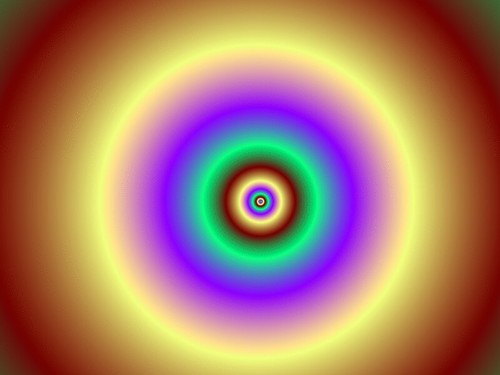 Scientists aren’t entirely sure which parts of the brain are involved in hypnosis, but a recent experiment by the Stanford University School of Medicine is giving us our first clues.
Scientists aren’t entirely sure which parts of the brain are involved in hypnosis, but a recent experiment by the Stanford University School of Medicine is giving us our first clues.
The study, published in the Archives of General Psychiatry, explored the differences between brains that could be hypnotized, and those that couldn’t. Using MRI technology, they discovered that people who cannot be hypnotized tend to have less activity in the parts of the brain related to attention and “executive control.”
David Spiegel, the paper’s lead author, said that this puts us “on the verge of identifying…a brain signature of being hypnotized.” The more we know about the science of hypnosis, the better we can use it to treat mental disorders and improve mood.
Hypnosis isn’t the hokey “mind control” seen in movies. Instead, it’s a state where you have high focus and concentration. Practicing hypnosis helps some people improve control over their behavior, emotions, and sensations, and can be used to manage or eliminate pain, stress, and mood disorders.
The study looked at three regions of the brain: the default network (which is exactly what it sounds like), the executive-control network (where decisions are made), and the salience network (which weighs the importance of things).
As far as their default network went, there wasn’t any difference between the 12 adults who could and the 12 who couldn’t be hypnotized. But those who could be hypnotized had more activity in the executive-control and salience networks.
Since these are the regions of the brain that deal with choice and weighing importance, it looks like hypnotism has something to do with being able to choose what to value as important. The results also suggest the ability to be hypnotized isn’t related to personality, but to “cognitive style,” not quite the same thing.
source



